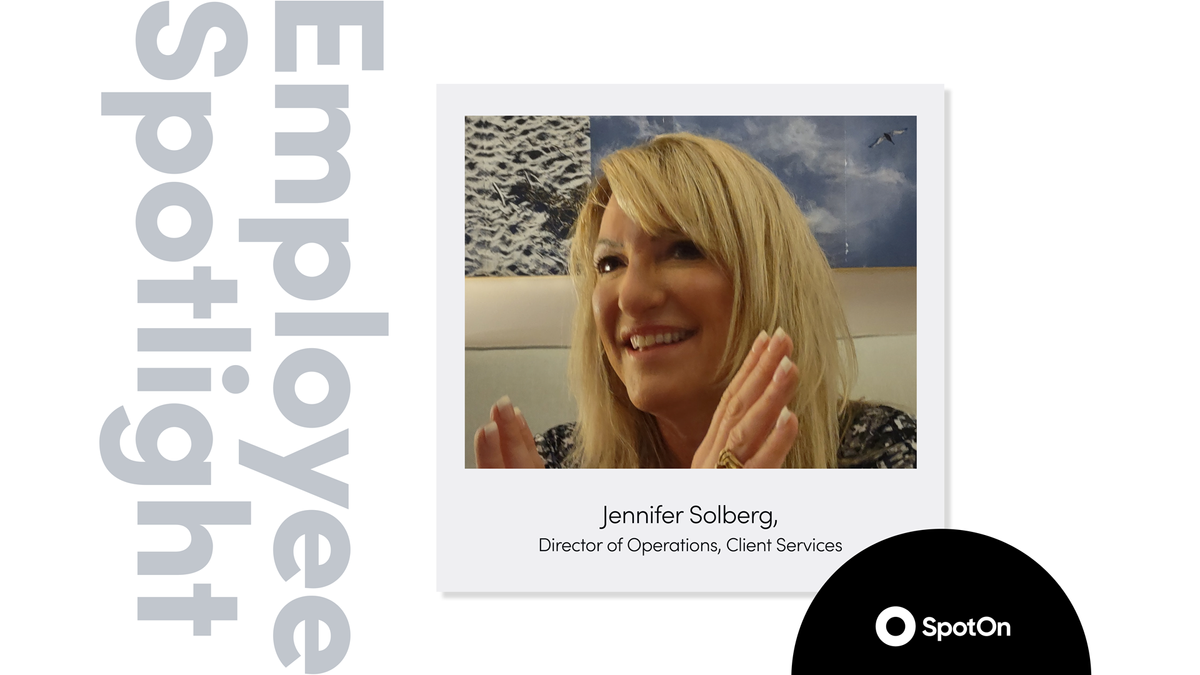1. As a young girl, what were you like, and what did you envision for your future?
Jennifer Solberg: I was always independent, outspoken, and led by example, even as a little girl. I was interested in business from an early age—running a company sounded better than being a ballerina. In high school, I was on the soccer team and track and gave it up for a work-study at a shoe store. This was independently owned locally, and the owner taught me a great deal about running a small business—I stayed for two years!
2. Tell us about the women in your family who helped shape you.
Jennifer Solberg: My grandmother, Kayla Dworin, was a huge influence on me. She was incredibly ahead of her time. She worked full-time as a professional during an era when most women stayed home with their families. She was an interior designer for the custom draperies/blinds department at Sears for 30 years. She taught me at a young age to choose my own path. She always said, “Never let anyone break your spirit.” Those are lessons I have carried with me.
3. What is one piece of advice you’ve gotten that has stayed with you through your career?
Jennifer Solberg: Tell people what they need to hear, not what they want to hear. Also, as a leader, don’t ask people to give more than they have, or you will always be disappointed. Beyond anything else, make sure you work hard to put the right seat in the right seat, and most of the rest will take care of itself.
4. Why do you think it is important for women to support each other along their career paths?
Jennifer Solberg: When I was coming up, back in the mid-’80s, women were still being viewed as PINK COLLAR—clerical, administrative roles and not always taken seriously in an executive position. We need to recognize the struggles women in business still face and advocate and promote other smart ladies by leading by example and coaching up.
5. What is one thing SpotOn is doing to empower women to succeed?
Jennifer Solberg: I really appreciate that SpotOn has a parental leave policy that promotes both fathers and mothers taking time to spend time with new babies. This helps normalize that parenting is important for men and for women, and helps give women choice and flexibility in returning to work after having a child.
6. What is your hope for the next generations of women in the workplace?
Jennifer Solberg: They stand proud and take what is theirs without guilt, regret, or excuses. Women also need to recognize the struggle and let it empower them and not overwhelm them. We can be mothers, sisters, caregivers AND managers, or executives—we are both.
Check out more stories from the SpotOn Family here.













